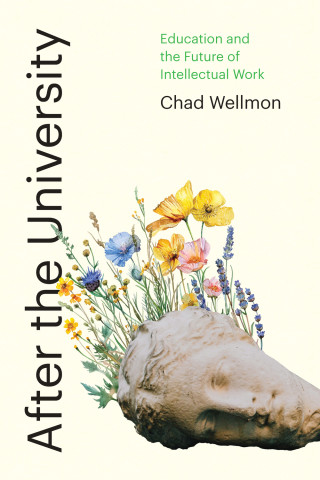
Reviews
Writing in Public offers a brilliant synthesis of a massive set of interrelated topics: how the public role of literature gradually and radically shifted; its legal, social and literary causes; and its long-term implications for the public. For those grappling with the question of what literature's public functions were or were supposed to do, Ross offers both an insightful and provoking guide.
Writing in Public makes an ambitious argument with ramifications both for our reading of eighteenth-century literature and our contemporary understanding of literature as a form of public speech. One key strength of Ross's book is the way that highly specific examples are engagingly narrated and then open out into broad historical claims... [S]cholars in all areas of eighteenth century studies, as well as historians of free speech and the law, will find it a valuable resource.
What Ross styles 'a cultural history of ideas about literature's place in the public sphere,' is timely and worth reading... This strikingly original volume is largely juridical; while Ben Jonson, Daniel Defoe, and Alexander Pope have their cameos, Writing in Public devotes itself to jurists and their legal reasoning as they debated intellectual property, perpetual copyright, the liberty of criticism, seditious libel, and so on.
Trevor Ross provides a lucid and trenchant account of the rise of the notion of the public. He argues for the productivity of the incoherence of the notion of the public, tasked as it is with preserving individual liberties and simultaneously with developing restrictions. Ross shows how consequential it has been for law, literature, and journalism that the public could speak about virtually anything but only under continually evolving protocols that continually reworked the lines of division between public and private—that is, between what the public had a right to know and what individuals could claim as unavailable for dissemination. Writing in Public is a major and timely contribution to our understanding of what it means to live in a public world.
Writing in Public charts how contemporary ideas about literature’s nature, value, and role in public life came into being in eighteenth-century Britain in conjunction with new understandings of the law’s role in protecting property, preserving a public domain, and incentivizing expressive diversity. This is a wide-ranging, original, and meticulously researched book. I will be thinking about Ross’s redescription of liberal modernity for some time, not just because of the insights he offers into eighteenth-century and Romantic-period writing but also because he illuminates so many of our current perplexities about the limits and power of public speech.
Writing in Public is required reading for anyone interested in the literary and legal histories of eighteenth-century England. In this groundbreaking study, Trevor Ross brilliantly delineates the large sweep of writers and writing while taking the reader deeply into the critical events that shaped both free speech and literature as these categories emerge from the Enlightenment.
A terrific book that opens up significant new vistas. Ross has taken a range of texts and historical events, many of them hiding in plain sight, some entirely overlooked until now, and has organized them into a penetrating and original analysis of the meaning of the public and of literature's public role. This concise, elegant, tightly argued study will appeal not only to students of eighteenth-century literature but also to legal scholars and historians of democratic culture.
Through a learned study of legal decisions on copyright and libel during the eighteenth century, Trevor Ross sheds important new light on the interconnection between the idea of literature and the emergence of modern democracy.
Book Details
Acknowledgments
Introduction: Writing in Public
Part I. Copyright
1. Literature in the Public Domain
2. The Fate of Style in an Age of Intellectual Property
Part II. Defamation and Privacy
3. What Does
Acknowledgments
Introduction: Writing in Public
Part I. Copyright
1. Literature in the Public Domain
2. The Fate of Style in an Age of Intellectual Property
Part II. Defamation and Privacy
3. What Does Literature Publicize?
4. How Criticism Became Privileged Speech: The Case of Carr v. Hood (1808)
Part III. Seditious Libel
5. Literature and the Freedom of Mind
Epilogue: Unacknowledged Legislators
Notes
Index





